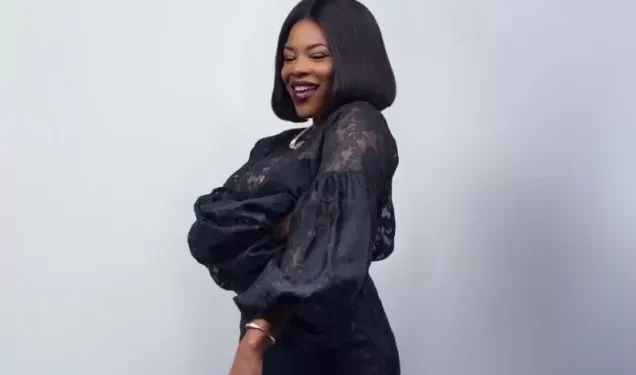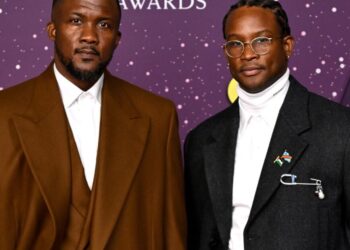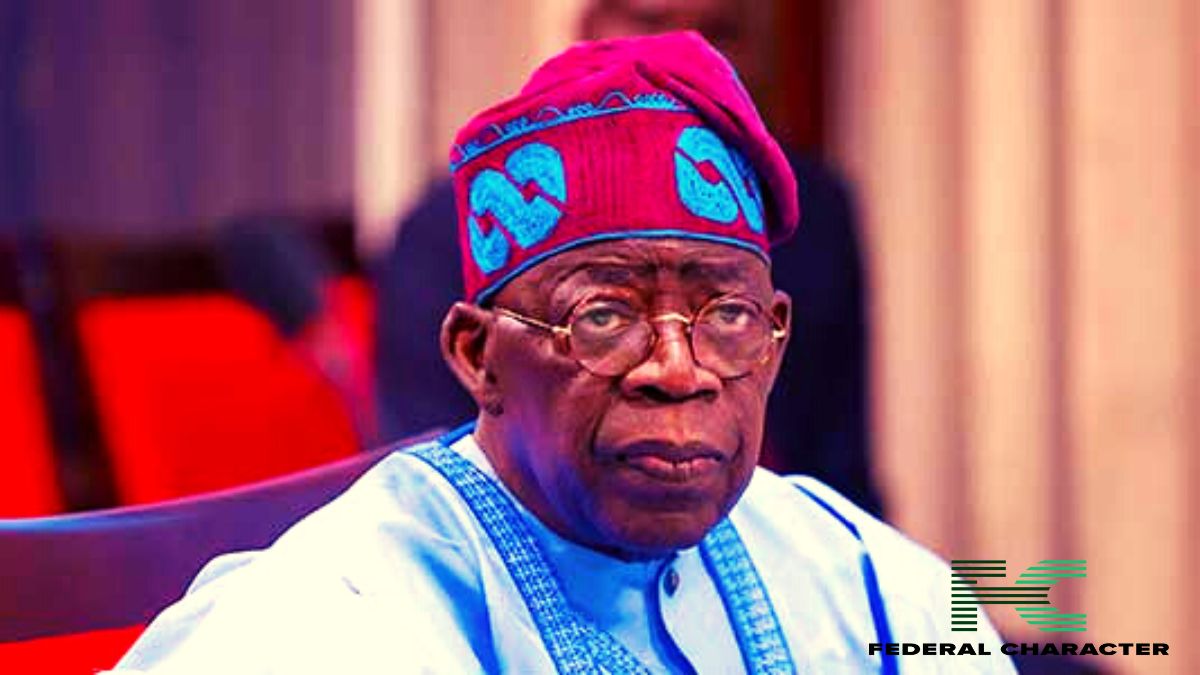Nollywood is experiencing a powerful shift as female directors and actresses take center stage, delivering films that resonate deeply with audiences while challenging traditional industry norms. From award-winning projects to viral hits, women in Nigerian cinema are proving their creativity and influence are unstoppable.
Trailblazing Directors Shaping the Industry
Kemi Adetiba remains one of the most influential female directors in Nollywood. Known for blockbusters like King of Boys and The Wedding Party, Adetiba has inspired a new generation of filmmakers with her attention to detail and authentic storytelling.
“There is something incredible about working with female directors. Every time I work with them, I feel like I am doing what I should be doing,” actress Shine Rosman once said. “Nothing gets by them—the nails, the hair, the makeup. Nothing gets past her.”

Other notable directors making waves include Jade Osiberu (Gangs of Lagos), Tope Oshin (We Don’t Live Here Anymore), and Mo Abudu’s emerging protégés who are producing stories that combine cultural insight with universal appeal.
Actresses Bringing Stories to Life
Female directors are not the only driving force; actresses are equally instrumental in bringing these stories to life. Veteran actresses like Genevieve Nnaji and Funke Akindele have been pivotal in collaborating with women directors to push creative boundaries.
Rising stars such as Sharon Ooja, Maryam Booth, and Nse Ikpe-Etim have embraced complex, nuanced roles in female-led projects, proving that audiences crave authentic performances that go beyond stereotypical portrayals of women. Shine Rosman, for example, described her role in To Kill A Monkey as “one of the most transformative experiences” of her career.
Breaking Records and Streaming Success
Films helmed by women are increasingly dominating box office charts and streaming platforms. The Wedding Party series, directed by Kemi Adetiba and featuring Funke Akindele and Adesua Etomi, continues to enjoy massive popularity on both local and international platforms. Similarly, Jade Osiberu’s Gangs of Lagos showcased strong female characters, drawing attention for its cultural authenticity and dynamic performances.
Mentorship and Empowering the Next Generation
Many female directors are now actively mentoring young talent, particularly aspiring women filmmakers. Workshops, production internships, and guidance from experienced directors like Adetiba and Oshin are providing essential pathways for a more inclusive Nollywood.
Challenges Persist, but Progress Is Evident
While the industry still presents hurdles—such as funding gaps, gender biases, and societal pressures—female directors and actresses continue to push boundaries. Their determination is gradually reshaping Nollywood into a space where women’s voices are celebrated, both behind and in front of the camera.
With bold storytelling, nuanced performances, and trailblazing leadership, female filmmakers and actresses are proving that Nigerian cinema thrives when women take the lead. The future of Nollywood is undeniably female-driven, authentic, and transformative.

















